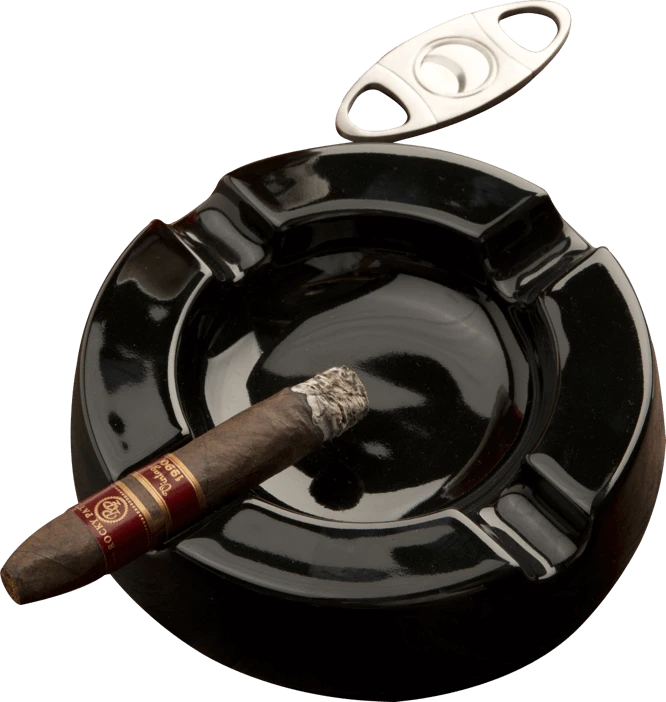The proprietor of one of the world's largest cigar factories, Nestor Plasencia's road to success has been anything but smooth sailing. Like most Cuban exiles of the mid 1960s era, Nestor has sharp, bitter memories of the island's post-Revolution period. The Plasencia family had two large fincas dedicated to growing wrapper leaf in Cuba when, on October 3, 1962, at 6 am, they were confiscated by the Castro government. It took nearly three years to get permission to leave the country, and when they finally did, they were allowed to take only a few dollars and two changes of clothes. When the family arrived in Nicaragua, they had nothing except the reputation of Sixto Plasencia, Nestor's father, to rely upon. After rebuilding the business over a decade, the Sandinistas expropriated their properties in 1979, which included 1,000 acres of prime agricultural land. The 1980s put a stop to the Nicaraguan tobacco and cigar industries because there was blue mold in the fields, the U.S. imposed an embargo on the Sandinistas, and the government was expropriating everything they could get their hands on anyway, so Nestor rebuilt his business once more, this time based in Honduras. Now Plasencia owns cigar operations that span two countries, with more than 4,500 employees producing 33 million premium hand-rolled cigars a year, all rolled from Cuban-seed tobacco.
Originally, the Reserva Original was released as Reserva Organic, and it is not only the first but the only fully organic blend in the world, made exclusively with tobaccos certified by the Organic Crop Improvement Association! This Nicaraguan puro features tobacco from Plasencia’s farms in Estelí and Jalapa, all of which is aged a minimum of five years. This smoke is said to have the same taste that would have captivated the Europeans over five centuries ago and features hints of nuts, fruits, cedar and caramel. Our panel recommended pairing this smoke with a The Alchemist Focal Banger IPA or your favorite IPA.
Honduras has been a tobacco growing and cigar manufacturing area for hundreds of years, but it was the Communist revolution in Cuba that really put Honduras on the map. In the 1960s, many Cuban cigar makers fled their homeland and arrived in Honduras to re-establish their way of life. The immigrants took advantage of the climate, soil, and geography, which were well-suited to tobacco growing, and began producing high quality cigars. The center of the Honduran cigar industry is the city of Danli and the nearby Jamastran Valley. The majority of the world’s pure Corojo tobacco is grown here, now that Cuba has stopped production of this iconic, spicy, and rich variety in favor of Corojo hybrids. Other important areas of Honduran cigar production include the Talanga Valley, Copan, and Trojes.

Outstanding Values On Top-Rated Cigars
Our purchasing power allows us to offer exceptional reorder values on highly rated
cigars such as
Rocky Patel's Decade Torpedo, rated 95 in Cigar Aficionado.

